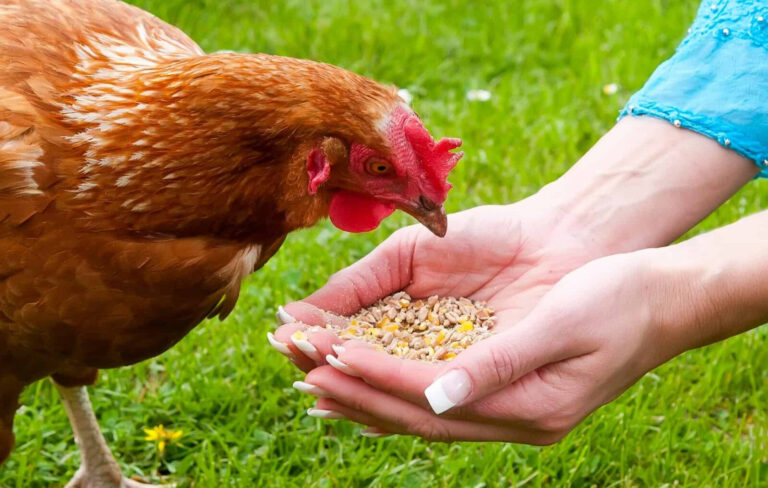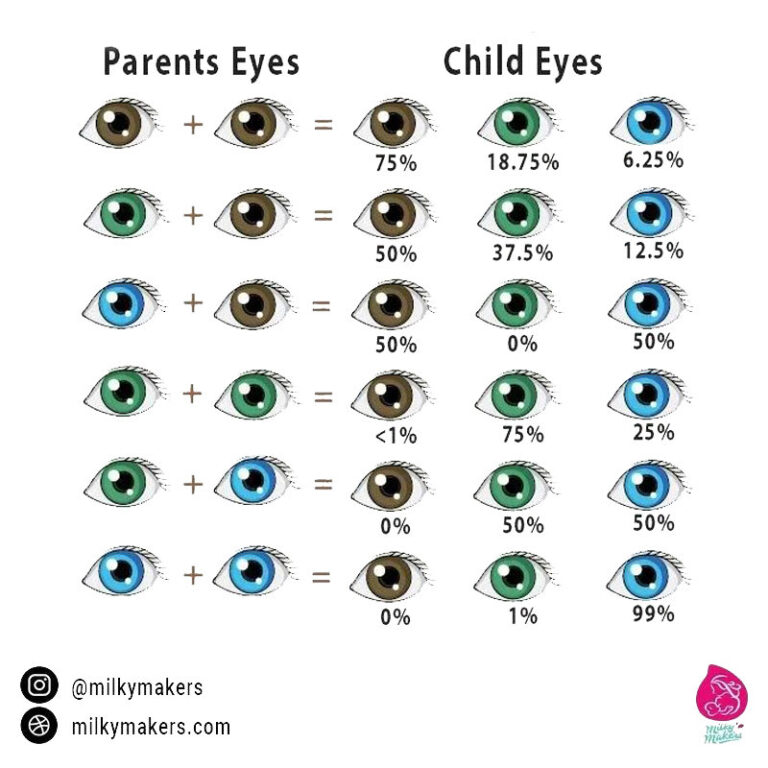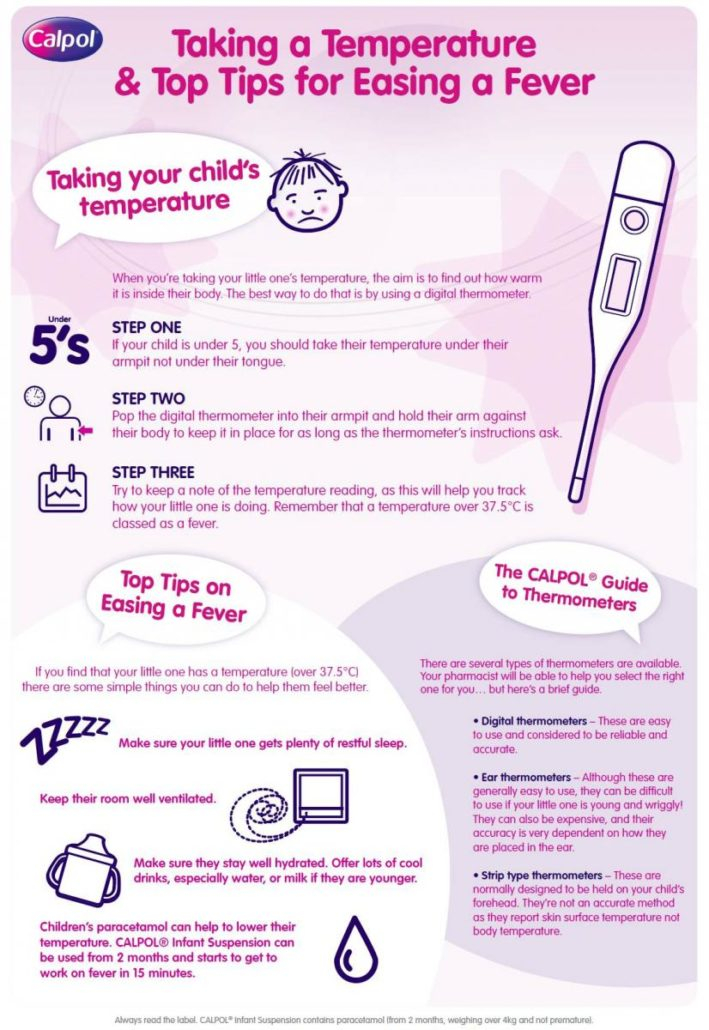What Is Baby Fat: Understanding the Importance of Baby Fat in Infants
When we think of baby fat, we often associate it with chubby cheeks and adorable rolls on a baby’s arms and legs. But what exactly is baby fat, and why is it so essential for infants’ growth and development? In this article, we will delve into the world of baby fat, exploring its significance, functions, and how it plays a crucial role in a baby’s overall health.
Knowledge
Baby fat, also known as subcutaneous fat, is the layer of fat located just beneath the skin in infants. This type of fat serves several critical functions in a baby’s body, including insulation, energy storage, and protection. Unlike adults, who have visceral fat surrounding their organs, infants primarily accumulate subcutaneous fat to support their rapid growth and development.
During the first year of life, babies experience exponential growth in their body size and brain development. Baby fat plays a vital role in providing the energy and nutrients needed to support this rapid growth. Additionally, subcutaneous fat helps regulate body temperature, keeping infants warm and protected from external elements.
Research has shown that babies born with a higher percentage of body fat tend to have better overall health outcomes. Adequate baby fat levels are associated with improved cognitive development, immune function, and overall growth. It is essential for parents and caregivers to understand the importance of baby fat and ensure that infants receive proper nutrition to support healthy fat accumulation.
As babies grow and develop, their body composition changes, and they gradually lose their baby fat. This natural process is necessary for infants to transition into toddlers and beyond. However, it is crucial for parents to monitor their child’s growth and ensure that they maintain a healthy balance of fat and lean body mass.
Conclusion
In conclusion, baby fat plays a crucial role in infants’ growth and development. It serves as a source of energy, insulation, and protection, supporting the rapid changes that occur during the first year of life. Parents and caregivers should prioritize providing proper nutrition to ensure that babies accumulate healthy levels of subcutaneous fat.
Understanding the significance of baby fat can help parents make informed decisions about their child’s diet and overall health. By promoting healthy fat accumulation in infants, parents can set the foundation for optimal growth and development in the early years of life.
Overall, baby fat is a natural and essential component of a baby’s body composition. It is a symbol of health, vitality, and growth, representing the beauty and innocence of infancy. Embracing and celebrating baby fat is a way to honor the unique journey of childhood and the miracle of life.






